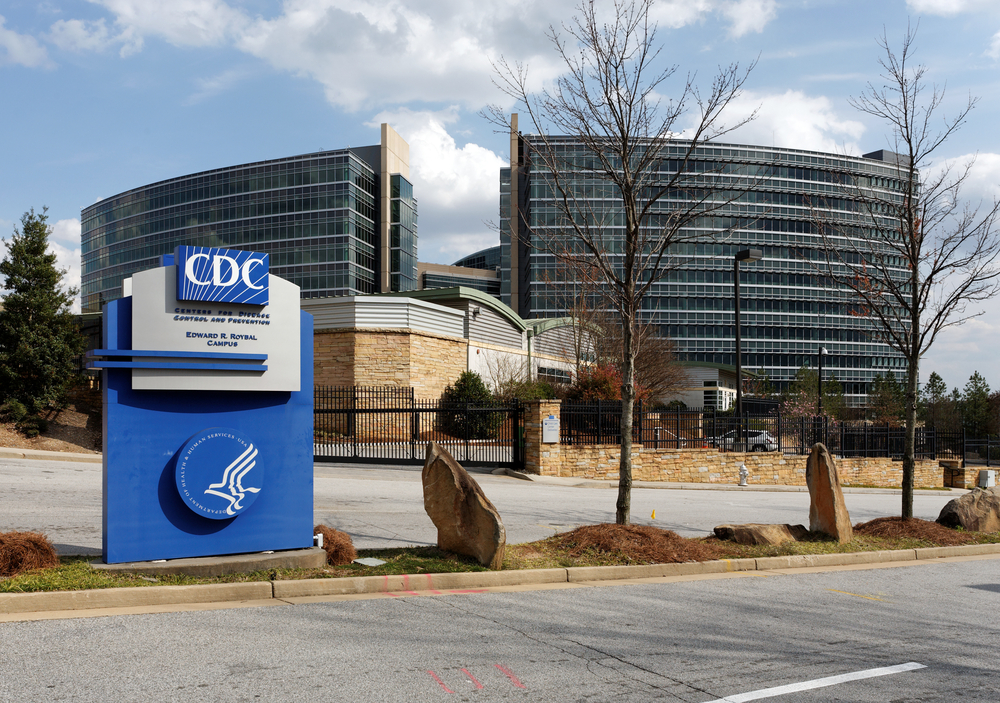
The U.S. Centers for Disease Control and Prevention (CDC) recently awarded more than $200 million to support state, city, county, and territory-based efforts to protect and respond to threats from emerging and re-emerging infectious diseases.
Issued through the CDC’s Epidemiology and Laboratory Capacity for Infectious Diseases (ELC) cooperative agreement, the award will go towards combating local antibiotic resistance, enhancing the Antibiotic Resistance Laboratory Network (AR Lab Network), increasing testing for fungal threats, and strengthening national tuberculosis (TB) surveillance and response, among other goals.
“More than 23,000 people in the United States die each year from infections caused by antibiotic resistance,” CDC Director Brenda Fitzgerald said. “CDC is committed to helping states and cities strengthen their ability to combat antibiotic resistance, and these funds will help state efforts to keep people safe.”
A total of $77 million of the award will go directly towards combating antibiotic resistance, including investing in every state in the country to mitigate antibiotic resistant foodborne infections and infections that emerge in healthcare facilities.
Additionally, a portion of the award will help the AR Lab Network combat the drug-resistant Candida auris fungi, which causes invasive and, in many cases, deadly infections that are notably resistant from a number of antifungal drugs.
A new national laboratory will also be established in order to enhance the nation’s surveillance and response infrastructure with regards to TB, called the National TB Surveillance Center. The new lab will be equipped to perform DNA sequencing of Mycobacterium tuberculosis collected from newly-diagnosed patients in the United States.
The remaining funds will specifically go towards enhancing influenza surveillance and diagnostic testing, maintaining health coordinators for vaccine-preventable diseases, protecting public health by strengthening national surveillance, and state support for Zika virus mitigation and treatment efforts.




